Most adoptive parents we work with say that one of the objectives they have in searching for birth family is to learn about their child’s family medical history. It sounds reasonable and is certainly something as parents we feel like we should know. But how many of us have had to leave blanks when filling out medical history forms for our children or tell our pediatricians that we just don’t know certain facts about our children?
For most of us, having a family medical history is a “nice to have” that would make us feel like we can fill in the blanks for our children and maybe even arm ourselves with information to help us keep our kids healthy. For others who have children with serious illnesses having a medical history can be much more than that.
But unfortunately no matter how much an adoptive family might want or need a birth family medical history, it isn’t as simple as just asking the birth family.
The truth is that qualified medical care is sorely lacking for most birth families. While healthcare is technically free in Guatemala, many birth families do not live close to a free clinic and do not have the money to pay for transportation. If they are able to borrow money to travel to a clinic, while the visit is free, they do need to pay for medications which are very often out of their economic reach or just not available. As a result, many rural birth families rely on local healers which are lay people who have some experience in treating illnesses with medicinal plants and home remedies but who can’t offer a medical diagnosis.
It’s not uncommon for a birth mother, when asked what someone died from in her family, to reply “stomach pain” or a “bad cough” and to say the person had suffered but never saw a doctor and then died.
Even in cases where the birth family member is able to visit a clinic and purchase medicines, due to language and educational differences the family may often not understand the actual diagnosis. And there is no guarantee a diagnosis is correct given the limited training of staff in the public clinics.
So while a medical history is part of the standard search interview, nine times out of ten the report will bear the phrase: “there are no contagious or chronic illnesses in the family” and nothing more, as this is pretty much all the birth family can share.
One common and potentially useful exception is the diagnosis of diabetes which has an incidence rate of 11% among Guatemalans (comparable to the 10% rate of Americans). It is fairly common for members of a birth family to have a diabetes diagnosis which may or may not be treated.
As with most things in Guatemala and adoption, precise answers to questions about medical history are not as easy to come by as one might hope, but given the realities of life Guatemala it is understandable.
Abrazos,
Velvet

